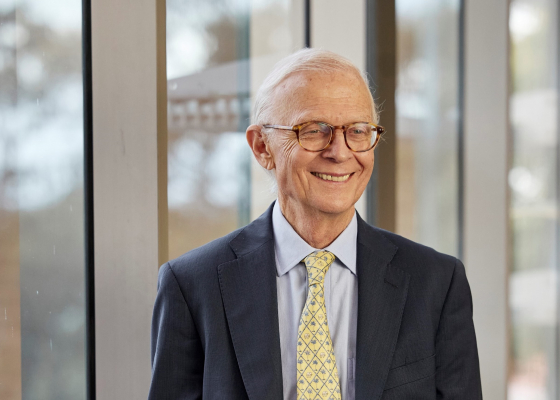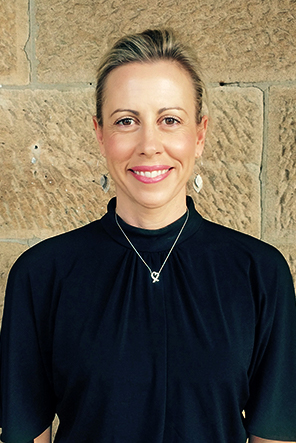HEIDI DOUGLASS | h.douglass@unsw.edu.au
Each year, the Academy elects the most distinguished scientists in Australia as Fellows, with CHeBA's Co-Director Scientia Professor Henry Brodaty AO recognised this year for his excellence and input in the field of social sciences.
Professor Brodaty's work has had major impacts on policy, services, research and community advocacy for older people. As regards policy, he is an advisor and serves on committees for the World Health Organisation, Australian and NSW governments, the Australian Institute for Health and Welfare and Australian Commission for Quality and Safety in Health Care on dementia, ageing and mental health services. He was a member of the McKeon Review of Health and Medical Research in Australia and the Living Longer Living Better Aged care reform implementation oversight committee.
According to Brodaty, being awarded the Fellowship is important to him because the social determinants of health are now well recognised. Social health, itself, is a core component of health and wellbeing.
I am interested in the links between social, psychological and physical health, and particularly the link between social and cognitive health.
Professor Henry Brodaty
“Having supportive family and friends, participating in activities with others, volunteering and being engaged in the community are protective against dementia – and this raises important questions. Why are people who are more socially isolated, less connected or lonelier more likely to develop dementia? How can improving the amount and quality of social health delay the onset of cognitive decline with ageing? What are the implications for us as a society?"
“And for people who have developed dementia, their social milieu – be it their home, their family and friends or the aged care facility in which they reside – can determine their quality of life. People with dementia can live a positive life for many years especially if they can be assisted to maximise their social health,” he says.
Professor Brodaty has been a leader in the development of psychiatry for the elderly as a specialty in Australia and internationally, as President of the International Psychogeriatric Association. His research into service improvements include better diagnosis and care in general practice, better post-diagnostic care and better care in residential aged care with a focus on person-centred care.
His research has focussed on dementia and mental health of older people. His widely emulated program to assist family carers of people with dementia reduced carer distress and maintained people living in the community for longer. More recently, the program combined with respite care confirmed delay in nursing home admission, huge potential cost savings which led to a federal budget allocation of $32 million to roll this out nationally. His meta-analysis of carer interventions for behavioural changes in dementia, demonstrated benefits superior to medications. Currently he is a chief investigator on projects to enhance coping skills online to carers in China, Hong Kong, Taiwan, Macau, Indonesia, Vietnam, Maori New Zealand and Australia.
Brodaty’s research on care for changed behaviours in dementia has demonstrated benefit of person-centred care and how to reduce antipsychotic use. He has developed national and NSW guidelines for how clinicians and families can best help people with changed behaviours. He leads a European Union/NHMRC 5-country study to improve post diagnostic care online with a planning tool codesigned with people with dementia and carers. This will be made available through WHO to developing countries.
His studies of population cohorts have advanced understanding of social and environmental contributions to dementia and demonstrated the importance of social health to maintaining cognitive health. He has a focus on preventing cognitive ageing through modifying lifestyle risk factors. He led the world’s largest randomised trial of lifestyle online interventions; this has demonstrated benefits on preventing cognitive decline.
For over 40 years, Professor Brodaty has been an advocate against the stigma of ageing and dementia through his involvement with Dementia Australia, Alzheimer’s Disease International, mainstream media, and regular public talks.
I am honoured and excited to join the Academy of Social Sciences Australia to have the opportunity to collaborate with like-minded scientists to explore these issues and to be stimulated to think in novel ways.
Professor Henry Brodaty


